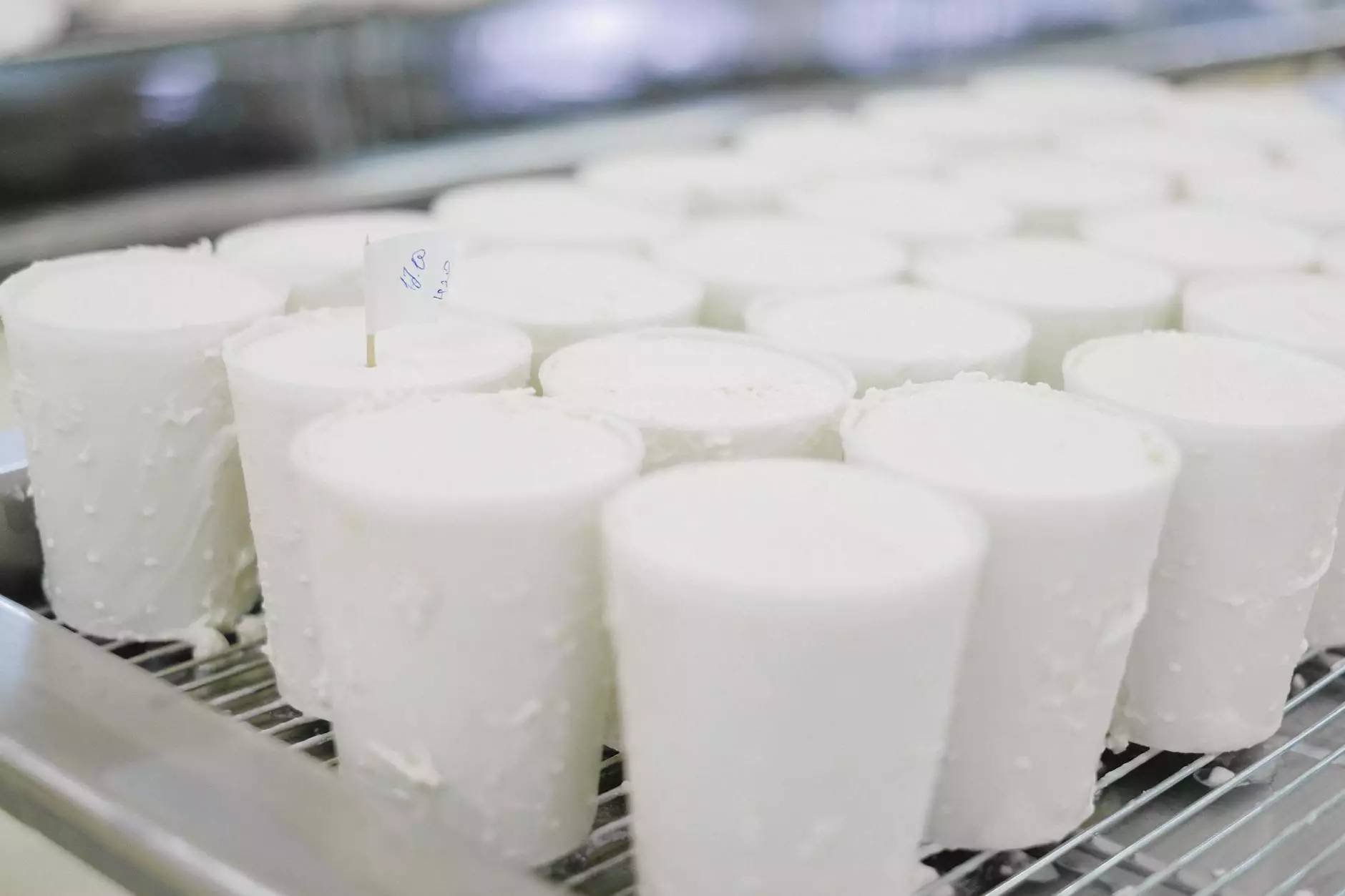Transforming Business with Innovative Refrigeration Equipment

The significance of refrigeration equipment in various industries has never been more critical. With the rise of global commerce and increasing consumer expectations for quality, businesses rely heavily on advanced cold chain solutions to preserve the integrity of their products. The domain of https://www.first-coldchain.com/ encapsulates this very essence, showcasing the vital role refrigeration plays in business today.
Understanding Cold Chain Logistics
The term cold chain logistics refers to the temperature-controlled supply chain crucial for various sectors, particularly in the food and pharmaceutical industries. This process involves maintaining specific temperatures throughout the transportation and storage of sensitive products. The effective implementation of cold chain systems not only ensures product safety but also adheres to regulatory compliance and enhances customer satisfaction.
Key Components of Cold Chain Logistics
- Refrigeration Equipment: Essential equipment that maintains low temperatures during storage and transport.
- Temperature Monitoring: Systems implemented to continuously check and record temperatures.
- Training Personnel: Ensuring staff understands the importance of maintaining a cold chain.
- Compliance and Documentation: Keeping track of temperature logs and compliance with regulations.
The Role of Refrigeration Equipment in Business
In business, refrigeration equipment serves multiple functions that are pivotal for operational success. Not only does it preserve product quality, but it also plays an essential role in inventory management and loss reduction.
Preserving Product Integrity
For businesses that deal with perishable goods, the integrity of products is crucial. Advanced refrigeration systems ensure that products like fruits, vegetables, dairy, and pharmaceuticals remain at optimal temperatures, effectively reducing spoilage and waste.
Enhancing Efficiency and Productivity
Investing in modern refrigeration technology can significantly enhance efficiency. Energy-efficient models reduce electricity costs and are often equipped with smart technology that allows for real-time monitoring and control. This capability leads to improved productivity, as it minimizes manual checks and potential errors related to temperature management.
Regulatory Compliance
Many industries are subject to strict regulations concerning the handling and storage of perishable goods. Effective refrigeration systems are crucial for compliance with safety standards, ensuring that businesses operate within legal requirements while avoiding penalties.
Types of Refrigeration Equipment
Various types of refrigeration equipment are tailored for different business needs. Understanding these options can help businesses select the right solutions for their specific requirements.
Commercial Refrigerators
Commercial refrigerators are commonly used in restaurants and food service operations. They come in various sizes and configurations, providing ample space for inventory while ensuring reliable temperature control.
Walk-in Coolers and Freezers
Walk-in coolers and freezers are ideal for businesses with significant storage needs. These units are designed for easy access and efficiency, accommodating large quantities of perishable goods.
Display Refrigerators
Essential for retail operations, display refrigerators showcase products while keeping them at safe temperatures. Their design not only promotes visibility but also emphasizes freshness to customers.
Transport Refrigeration Units
Transport refrigeration units ensure that perishable items remain at required temperatures during transit. This equipment is fundamental for cold chain logistics, providing the necessary climate control during transportation.
Innovative Technologies in Refrigeration
Technology continues to revolutionize the refrigeration industry. From advancements in energy efficiency to smart technology integration, businesses must stay informed about the latest innovations.
Smart Refrigeration Solutions
Smart refrigeration technology incorporates IoT (Internet of Things) capabilities to enable real-time monitoring and diagnostics of refrigeration systems. These technologies help businesses detect issues before they escalate, thus preventing potential losses.
Energy-Efficient Refrigeration Systems
With growing concerns over sustainability and energy consumption, energy-efficient refrigeration systems have emerged as a priority for businesses. These systems not only reduce operational costs but also contribute to lowering carbon footprints.
Case Studies: Benefits of Advanced Refrigeration Equipment
Numerous businesses have reaped the rewards of investing in advanced refrigeration equipment, witnessing enhanced performance, output, and customer satisfaction.
Case Study 1: XYZ Supermarket Chain
XYZ Supermarket implemented an upgrade to their refrigeration units, transitioning to energy-efficient models. As a result, they reported a decrease in energy costs by 20% while maintaining product quality, leading to a notable increase in customer trust and satisfaction.
Case Study 2: ABC Pharmaceuticals
ABC Pharmaceuticals invested in smart refrigeration systems that allowed for continuous temperature monitoring. This proactive approach to cold chain logistics prevented temperature excursions, thereby adhering to regulatory demands and preserving product efficacy.
Choosing the Right Refrigeration Equipment Supplier
Selecting the right supplier for refrigeration equipment is crucial for ensuring consistent quality and service. Here are some considerations:
Experience and Reputation
Look for suppliers with a strong track record and positive customer feedback. Experienced suppliers can provide valuable insights and solutions tailored to the specific needs of your business.
Product Range
A supplier offering a wide range of products can better meet diverse business requirements. Evaluate whether they provide comprehensive solutions, including installation and maintenance services.
After-Sales Support
Reliable after-sales support, including warranty policies and customer service, is essential for maintaining equipment and addressing potential issues promptly.
Conclusion: Elevating Your Business with Quality Refrigeration Equipment
Investing in quality refrigeration equipment is an investment in the future of your business. By ensuring product integrity, enhancing operational efficiency, and complying with regulations, businesses can significantly improve their bottom line.
For comprehensive solutions and more information about cutting-edge refrigeration equipment that can benefit your business, explore the offerings at https://www.first-coldchain.com/. Embrace the advancements in refrigeration technology to elevate your operations and meet the ever-growing demands of modern consumers.









